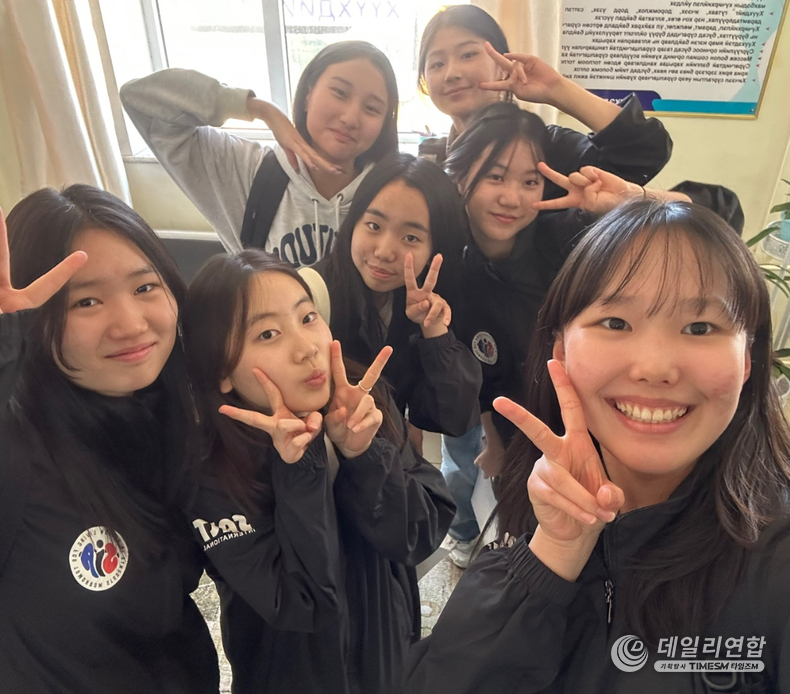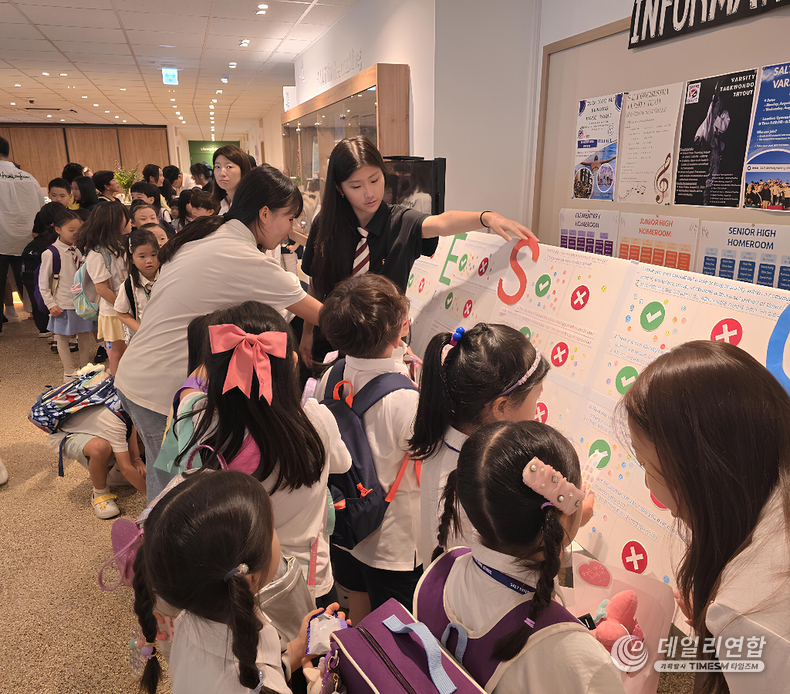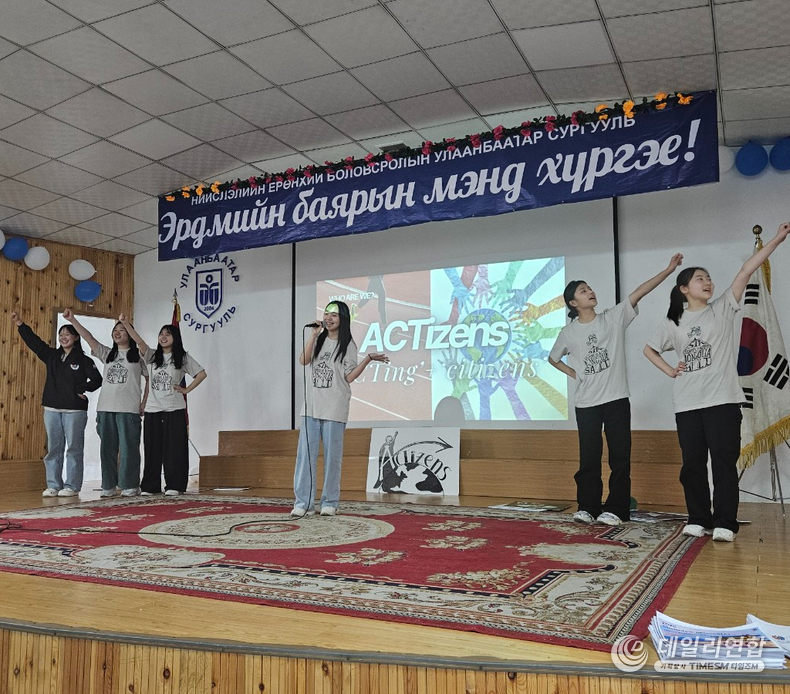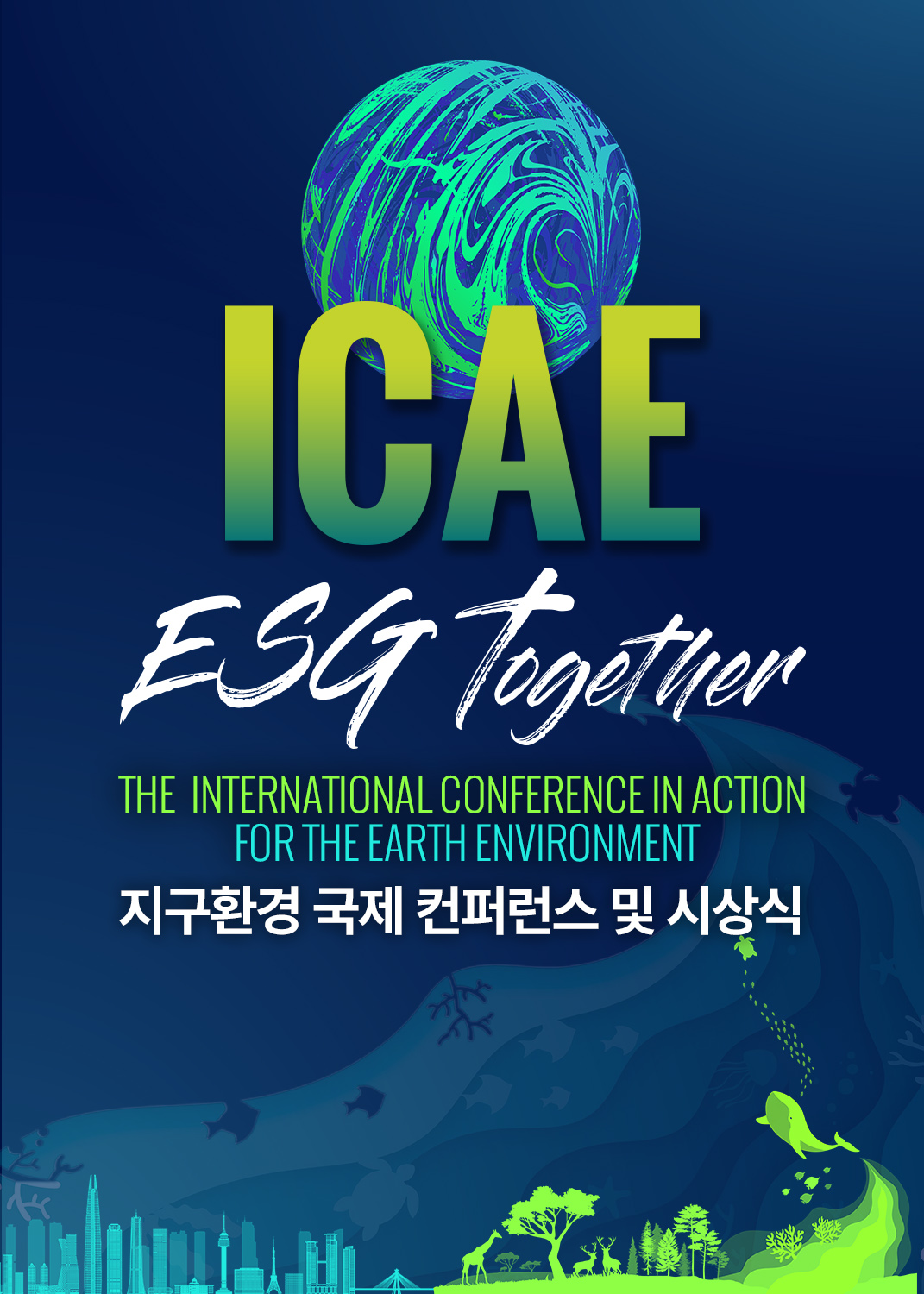Daily Yeonhap (SNSJTV) | Reporter-in-training Yerin Kim | From overflowing food waste to corrupted governance, today’s challenges show how closely industry, society, and the nature are linked. A youth-led ESG project has been developed as practical solutions led by students in Korea and Mongolia. These are hands-on, step-by-step efforts to create real change for the future—not slogans.
Yet, in 2024, over 70% of Korean companies published ESG reports, but many exaggerated progress through greenwashing. High-emission industries worsen climate disasters, hitting rural and low-income communities hardest. Korea’s 2023 heat wave is one example, while in Ulaanbaatar, Mongolia, winter heating pushed PM2.5 levels to ten times higher than WHO standards.
Amid these challenges, teenagers are designing practical ESG projects in schools using only creativity and persistence

SIA ACTizens, a team of six students from SALT International School in Korea and one from Mongolia, set out to practice ESG at school, despite limited resources and authority. Their project aimed at building an everyday and sustainable ESG model that schools could apply.
Team ACTizens grew through trial, error, and adjustment, focusing on the three pillars of ESG:
1. Environment (E) : Cutting food waste through class Zero Food Waste Hero system in elementary school, and developing a data analysis system for high school
2. Social (S) : Making interactive and skit-like fire drill videos, schoolwide OX quizzes, and games to promote balanced diet through leftover menus during lunch time

3. Governance (G) : Collecting opinions on traditional school events, drafting reports, and urging transparent and fair policy reflection
The Mongolian teammate led ESG awareness activities, producing guidebooks and posters tailored to Mongolian schools. Initially, the team faced challenges such as low participation and limited practicality in their student-designed ESG checklists, but they persevered, simplifying their approach and focusing on the most common issue—food waste—rather than abandoning their goal.
Through these experiences, students learned that ESG isn’t just for big companies; it starts with small, everyday actions. While Europe and the U.S. have set carbon-neutral targets and require corporate ESG disclosure, industries in Korea and Mongolia have yet to fully realize ESG’s full potential.
"Tomorrow’s leaders are acting today—are you?”
This youth-led ESG project is proof that when students and adults take concrete steps together, ESG can move from words to real, global change.














